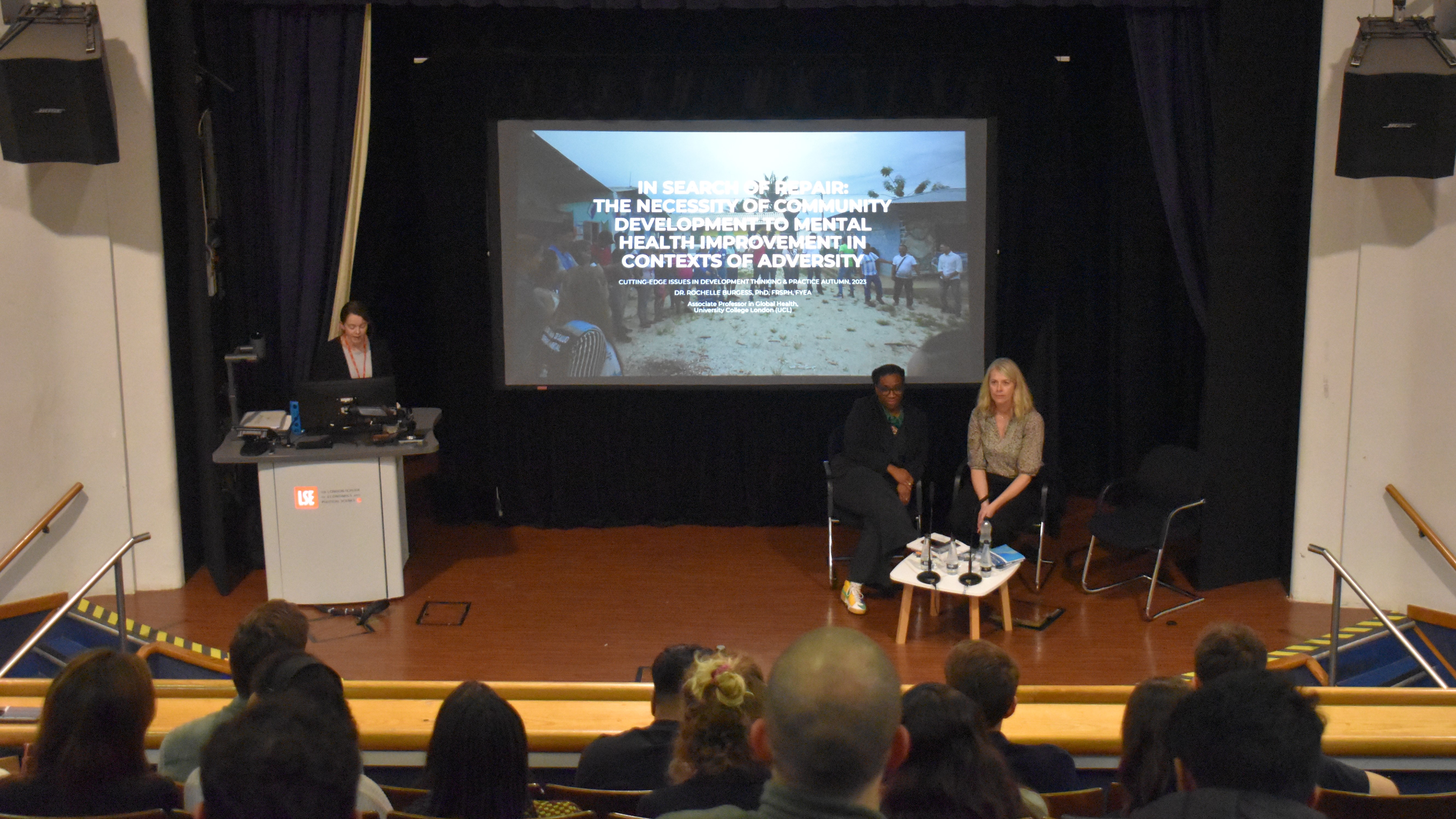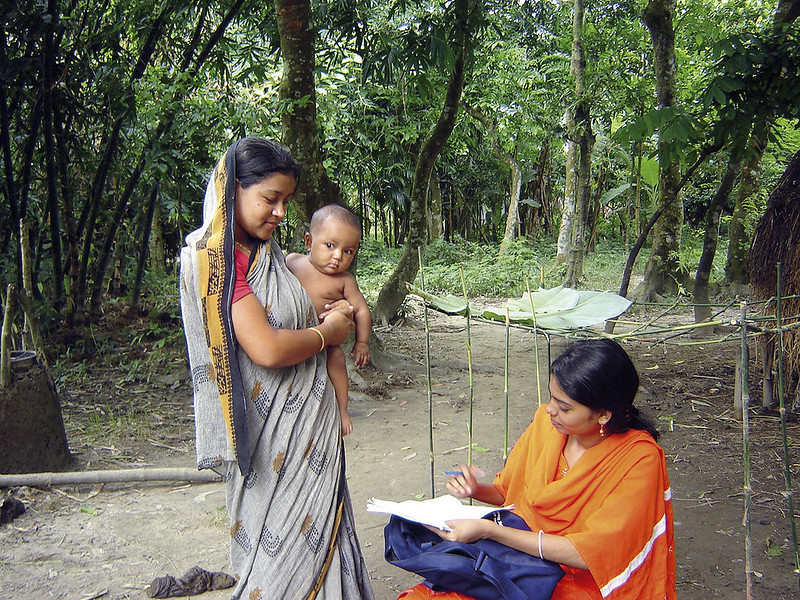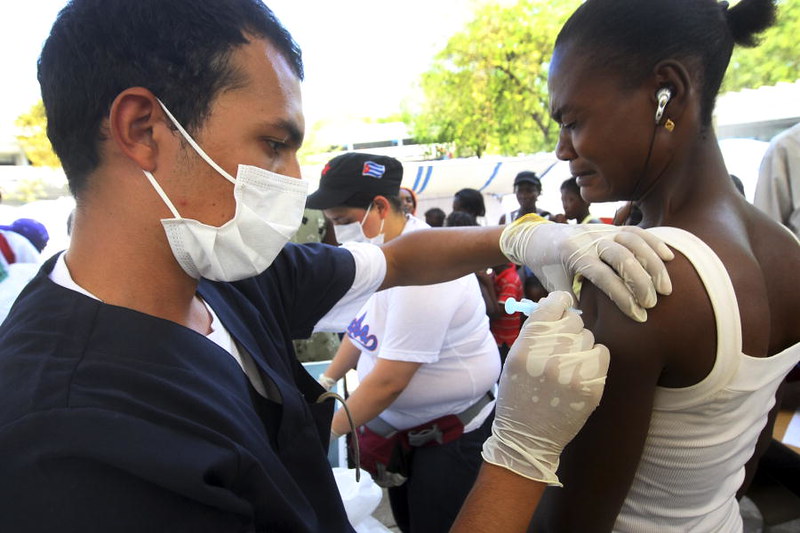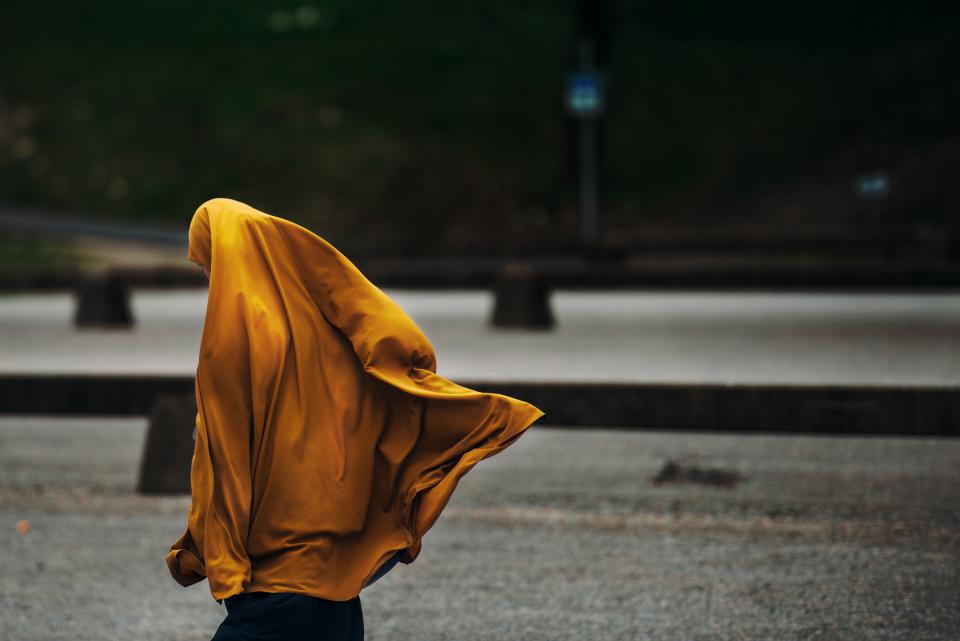MSc students in Health and International Development Angeliki Tzampazi and Giannina Chavez share their reflections on the Department’s first Cumberland Lodge trip of the academic year (14-18 October) which was themed around Health, Politics and Development.
Cumberland Lodge: Historical Context
 Historically, Cumberland Lodge was home to the Rangers of the Great Park. The Lodge takes its name from William Augustus, Duke of Cumberland and second son of King George II. It was built by John Byfield, an army captain in 1650. The final private occupant of the Lodge was Lord FitzAlan of Derwent. Cumberland lodge has been home to an educational foundation since 1947.
Historically, Cumberland Lodge was home to the Rangers of the Great Park. The Lodge takes its name from William Augustus, Duke of Cumberland and second son of King George II. It was built by John Byfield, an army captain in 1650. The final private occupant of the Lodge was Lord FitzAlan of Derwent. Cumberland lodge has been home to an educational foundation since 1947.
International Development know how to have fun!
This academic weekend getaway was a stimulating experience, an opportunity to explore the wonderful and mesmerizing English countryside, but most importantly, a chance to get to know and connect with many colleagues and professors of the ID department. Week 3 was already quite busy and we all shared a strong excitement to embark on this new Cumberland adventure. Our bus was ready and so were we. Off we went! Upon arrival, we witnessed a charming sunset and a picturesque view of the lodge! We rushed to capture the beauty. (Looking at the photo, reminds me of this very peaceful feeling I felt during sunset!)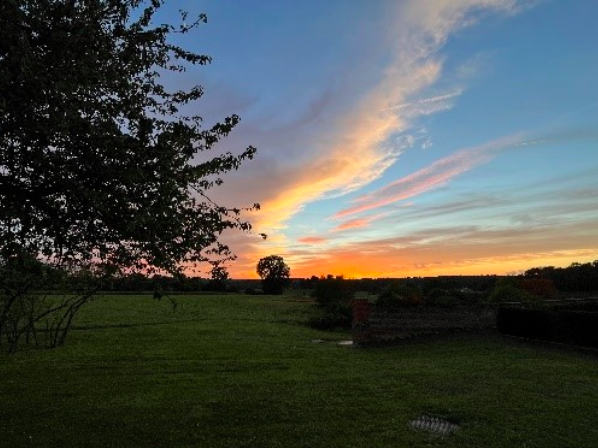
The Workshop Sessions and Presentations
We had no doubt that as promising as the location was, equally inspiring and powerful would be the workshop sessions. The theme of our trip was ‘Health, Politics and Development’. At this point a Big Shout Out to our wonderful professors Tine Hanrieder, Ken Shadlen and Maria Do Prado for organising this profound and holistic academic trip!
We kicked off the first afternoon with Kate Gilmore, an extremely passionate speaker, who was a UN Deputy High Commissioner on Human Rights. The discussion was focused on gender and populism’s global assault on sexual and reproductive health rights. Kate helped us reflect on and challenge gender inequality and empowered us to ask questions that are sufficiently disruptive. A couple of questions/ food for thought: ‘Is gender equality not worth it?’; ‘Can we afford gender inequality?’; ‘How does gender equality add to prosperity, peace and growth?’
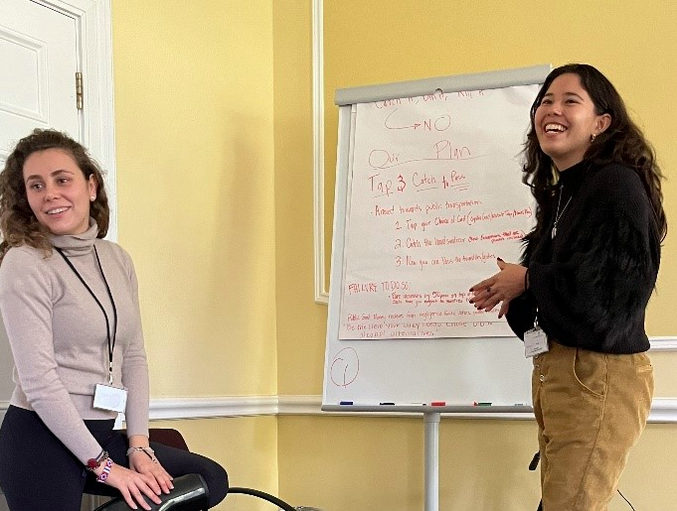 Day 2 continued with more intellectually enriching workshops. Started in the morning with Adura Banke Thomas, who is an LSE Research Fellow at the Department of Health Policy and talked us through the emergency maternal health services in Africa, the influence of policy-politics-research and the need of evidence based research, advocacy, leadership and implementation. A recommended article for those who wish to explore this topic further: ‘Too far to walk: Maternal mortality in context’. His OnTIME project is of significant importance – check it out! After a short break, we continued with the second session by Dr. Peter Waiswa, Associate Professor at Makerere University, School of Public Health. He discussed urban adversity of Kampala city in Uganda and presented important research data and studies, as part of his investigative work at In-depth Network. The final session of the day, ‘Is global vaccine equity possible’ was led by Charnele Nunes, who is a PhD candidate at the London School of Hygiene and Tropical Medicine. In teams of four we discussed COVAX, Global Health Partnerships’ strengths and weaknesses, the diversification of regional vaccine manufacturing and the implications for the intellectual property ecosystem.
Day 2 continued with more intellectually enriching workshops. Started in the morning with Adura Banke Thomas, who is an LSE Research Fellow at the Department of Health Policy and talked us through the emergency maternal health services in Africa, the influence of policy-politics-research and the need of evidence based research, advocacy, leadership and implementation. A recommended article for those who wish to explore this topic further: ‘Too far to walk: Maternal mortality in context’. His OnTIME project is of significant importance – check it out! After a short break, we continued with the second session by Dr. Peter Waiswa, Associate Professor at Makerere University, School of Public Health. He discussed urban adversity of Kampala city in Uganda and presented important research data and studies, as part of his investigative work at In-depth Network. The final session of the day, ‘Is global vaccine equity possible’ was led by Charnele Nunes, who is a PhD candidate at the London School of Hygiene and Tropical Medicine. In teams of four we discussed COVAX, Global Health Partnerships’ strengths and weaknesses, the diversification of regional vaccine manufacturing and the implications for the intellectual property ecosystem.
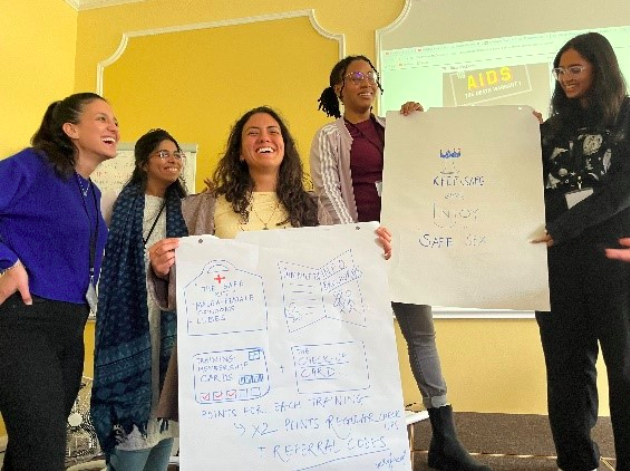 Day 3 was full of presentations, rethinking of policies and content creation. We had only one session; ‘Of nudges, libertarians and libertarian paternalism’ led by Dr Tiziana Leone, Associate Professor in Health and International Development at LSE. We grouped in six teams and re-approached and reconstructed public health policies by selecting either a paternalistic, libertarianism or libertarian paternalism approach. From the photos, you can see students enthusiastically presenting creative ideas and reimagining policies.
Day 3 was full of presentations, rethinking of policies and content creation. We had only one session; ‘Of nudges, libertarians and libertarian paternalism’ led by Dr Tiziana Leone, Associate Professor in Health and International Development at LSE. We grouped in six teams and re-approached and reconstructed public health policies by selecting either a paternalistic, libertarianism or libertarian paternalism approach. From the photos, you can see students enthusiastically presenting creative ideas and reimagining policies.
The Beers, Pub Quiz Games and Long Walks at the Park
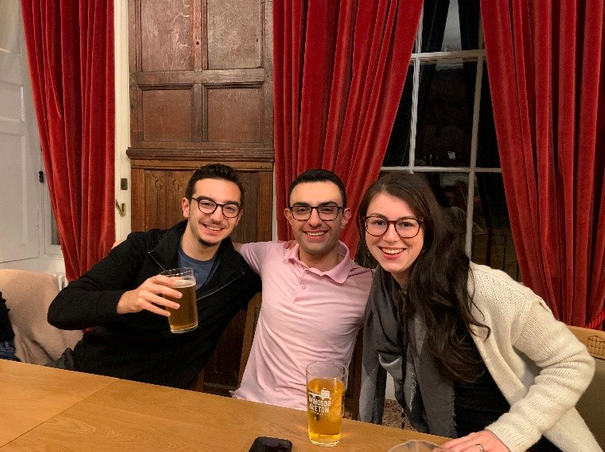
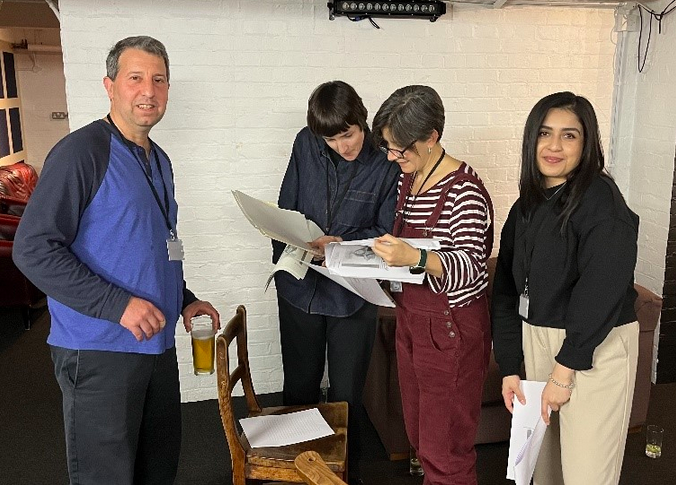 In addition, we socialised with the Department of Statistics who also joined Cumberland Lodge as part of an academic workshop focused weekend. (By the way, did you know that vexillology is the study of flags? Apparently has been formalized by the US scholar and student of flags Whitney Smith in 1961. Whoever has knowledge of this, BEERS ON ME!)
In addition, we socialised with the Department of Statistics who also joined Cumberland Lodge as part of an academic workshop focused weekend. (By the way, did you know that vexillology is the study of flags? Apparently has been formalized by the US scholar and student of flags Whitney Smith in 1961. Whoever has knowledge of this, BEERS ON ME!)
Reflections of students
At the end of Day 1 during dinner, I had the chance to chat with some of my classmates and share our feelings.
Zack thought of first day as relaxing and bucolic. Mie as energetic and she absolutely loved the sunset! Masud got inspired and motivated! Lauien felt powerful and very intrigued! Layane found Kate’s discussion moving and had fun throughout the day. Swetha got quite excited and deeply encouraged!
Similarly, during second’s day dinner, I asked a couple of my classmates their own personal highlights of the day.
Nelleke’s take on from day 2 was that it is as just difficult to reach a hospital in Sub-Saharan Africa if you are living in a city or a rural area. Georgie reflected on challenging the stereotype of only women in rural areas of SSA having difficulties accessing care, when in fact women in urban areas have difficulties too. Westley highlighted that data recorded do not always reflect the reality on the ground, and it can take more research to correct ideal data simulations.
Summing up
This academic workshop-focused trip was a unique bonding and sharing experience. The ID Department did a fantastic job! I would argue that Cumberland Lodge is the golden ticket of a multifaceted ride. It gave us an opportunity to meet and connect with others and cultivate togetherness; understand the importance of nature and sustainable practises within our current fast-paced academic lives, and an opportunity for personal and academic development through intellectual discussions, powerful debates and informative workshops. Thank you everyone for making this experience so special!
– Angeliki Tzampazi
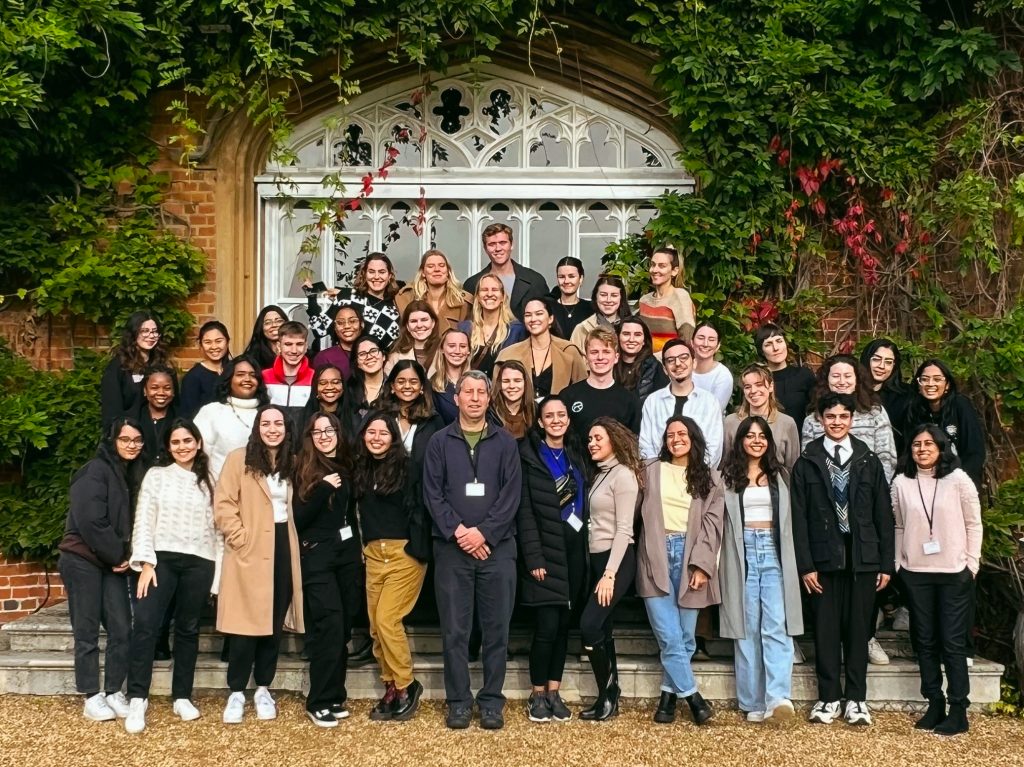
____________________________________________
To feel or not to feel? Learning from Kate Gilmore
As social scientists, we are constantly bombarded by academic questions and research enquiries but it is not very often we are asked to feel. Indeed, being part of the “soft sciences” in a rationalist world that praises positivist thinking, it would seem we are constantly asked not to feel. We are asked to be as rational as we can, to evidence our findings, to show some quantitative or qualitative data that will be recognized by the rest of the world and its institutions, and not just the small social science bubble in academia.
Last Friday night, during the first session of the Cumberland Lodge Retreat, I believe we all experienced chills when the inspiring Kate Gilmore asked us to feel. The profound speech she gave during her “What’s gender got to do with it?” lecture invited us to feel; to remember what brought us to where we are today and to feel it again and again; to feel anger, sadness, frustration, and turn those feelings into fuel for change.

Her invitation and her incredible oratory skills moved us all. She reminded us of how, as scholars, we have grown used to pointing out the flaws of systems — how easily we are able to provide criticism when needed. And while that remains an important aspect of the work we do, we tend to forget that these flaws can and should be tended to and that it is our responsibility to always attempt to tackle them. It is especially important to stay true to this when part of the reason why we are at LSE today is due to those moments when we felt rage and indignation in the face of inequality, moments that nurtured our desire to build a better world.
So, to feel or not to feel? After hearing her words and excitedly discussing her ideas with my peers, I would have to say: let’s feel. Let’s feel in every cell of our bodies and hearts, so that we never lose sight of this initial urge, and our drive towards action never ceases to burn. Let’s use our opportunities, intelligence, assets and power to stand up and call out injustices, and to visualise and create solutions. As Kate so passionately pointed out, if Nelson Mandela was able to liberate a country while sitting for 27 years in prison and revolutionised the world with a message of peace and equality — who are we to say it’s too hard? Fighting against social injustice and economic disparity requires us to take heartfelt actions every day, so that each one of those actions can constantly recalibrate the direction our society is taking. Let’s embrace our feelings. Let’s disrupt the status quo from our hearts and minds, and let’s be and create the change we want to see in this world.
– Giannina Chavez
The views expressed in this post are those of the authors and in no way reflect those of the International Development LSE blog or the London School of Economics and Political Science.
Photo credits: Angeliki Tzampazi and Giannina Chavez



